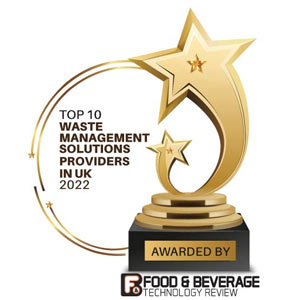As food waste volumes increase along with the Sustainable Development Goals of food security, environmental protection, and material and energy efficiency, food waste management is becoming a more important issue. The UN Sustainable Development Goals proposes to reduce food waste by half by 2030. Treatment and recycling of food waste depend on its availability, collection, chemical complexity, and benefit from various treatment technologies. Traditionally, food waste management depended on methods like anaerobic digestion, composting, and feeding animals. Moreover, innovative high-value products like platform chemicals, biomaterials, biofuels, biochar, and bio-oil can also be produced from food waste via a variety of biological, thermal, and chemical processes.
Therefore, sustainable food waste management focuses on strategies that reduce waste at its source as well as before it occurs. For this purpose, the waste hierarchy applied to food products is an appropriate tool to classify the various options for managing food waste according to their sustainability. Although the relative preference of some alternatives is controversial (e.g. anaerobic digestion is generally considered better than composting), the ultimate goal is to prioritize options with better environmental, economic, and social outcomes.
To help organizations and leaders select the best-of-breed vendor companies, Food and Beverages Tech Review Europe’s distinguished panel comprising CEOs, CIOs, CMOs, and analysts have reviewed and shortlisted a handful of waste management solution providers that are at the forefront of innovation and empowering UK’s waste management sector to leverage contemporary technologies and stay abreast of the dynamic market scenarios. These companies are selected based on the innovative and user-friendly waste management solutions they render to global enterprises and public sector entities.
We present to you Food and Beverages Tech Review Europe’s “Top 10 Waste Management Solutions Providers in UK - 2022.”

















